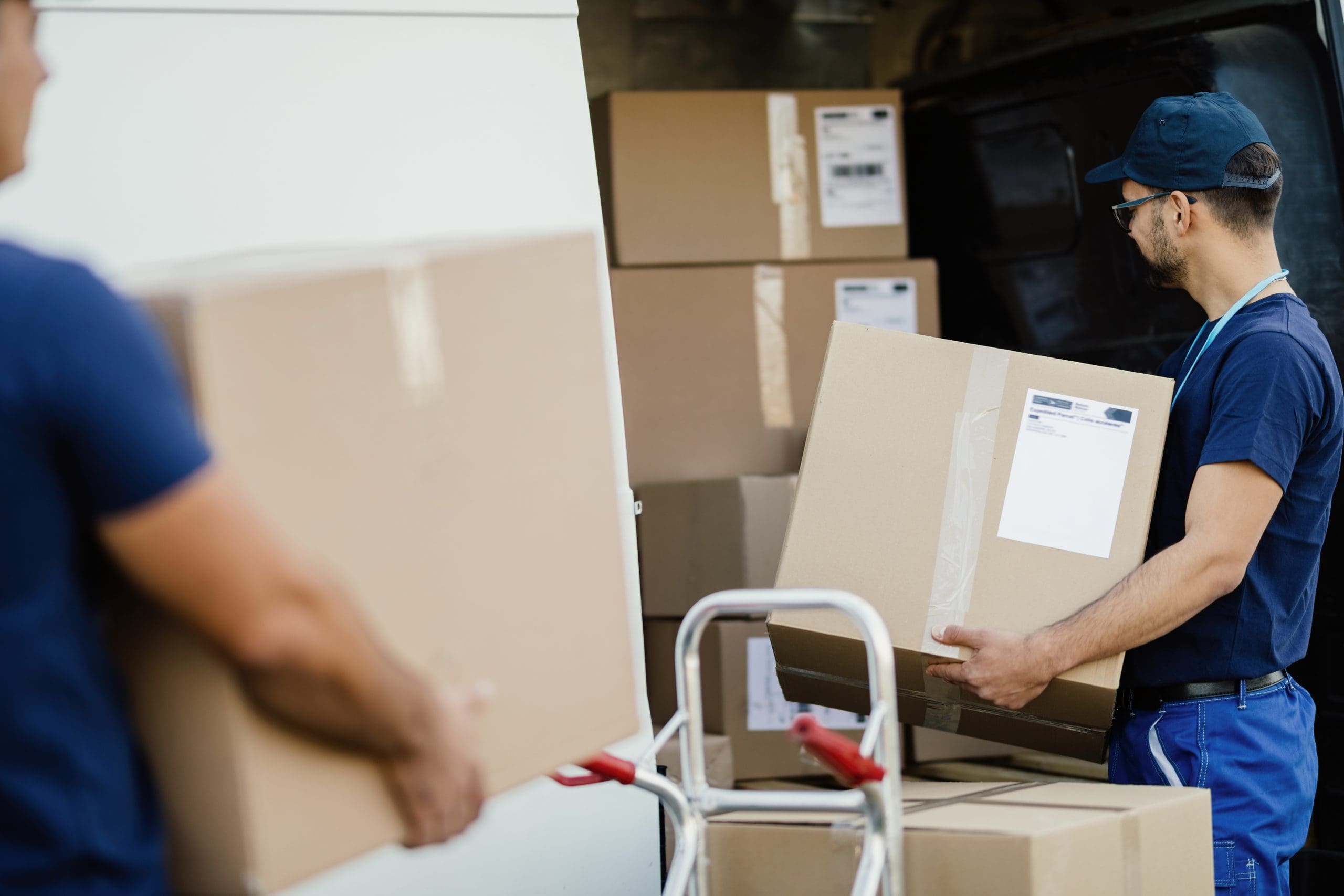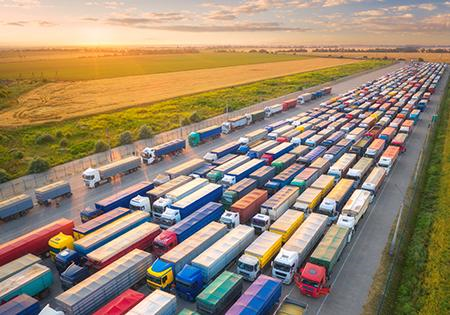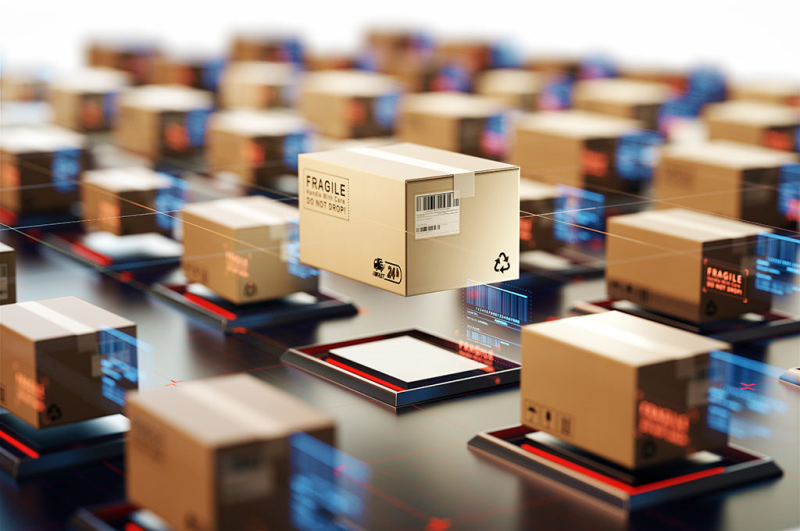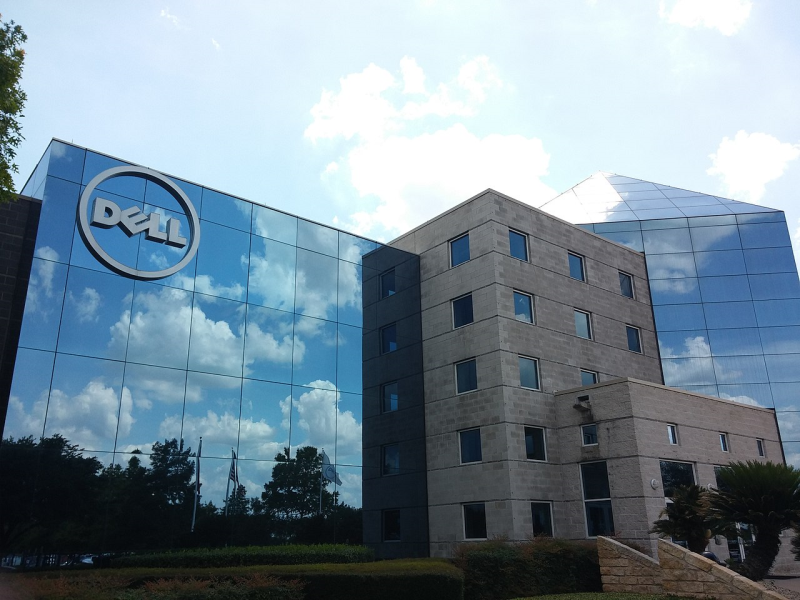10 Reasons the Retail Industry Should Invest in a Last-Mile Delivery Solution
Retailers should make investments to upgrade their platforms and logistics for a variety of reasons. For the market to continue to expand and recover, high-quality and dependable delivery services are still crucial. Implementing reliable last-mile retail delivery services is essential for supply chain shipping and tracking. It is simple to understand why companies offering last-mile retail delivery services are attracting so much attention. Traditional distribution and logistical techniques are no longer practical. Examine last-mile delivery in the retail industry in greater detail to comprehend why.
The top 10 reasons to use last-mile delivery services are as follows.
1. Effectiveness in last-mile retail is Required to Compete With Amazon
The shipping sector has always been competitive, but as the Amazon effect has shaped consumer demands and expectations, this competition has only grown more intense. For continuing development and recovery in retail, efficient last-mile delivery is still essential. In order to enhance delivery options and maintain their competitiveness, transportation service providers search for cutting-edge tools, technology, and procedures. Insider Intelligence noted that "With crowdsource technology, retailers, logistics partners, and consumers can connect directly with local, amateur couriers who use their own vehicles to make deliveries." Retail distribution methods are always evolving to follow market trends. Retail last-mile delivery offers a chance to compete with Amazon and other industry giants.
2. In the retail industry, the last mile is the most expensive mode
The fact that the last mile of the shipping voyage is the most expensive transportation method is another reason for a greater emphasis on it. It is simpler for shippers to appeal to customers and satisfy their expectations when they offer a variety of last-mile delivery options in retail. However, this increases the cost of shipping operations generally. In order to keep operational expenses low and sustain high profits, final deliveries must be managed properly. Retailers can gain the most from using last-mile delivery by lowering overall shipping costs and costs related to typical delivery issues. Working together with a committed last-mile or drayage professional can drastically lower shipping risks and save shippers money on every cargo.

3. There is a high risk of damage or loss in the final mile.
Every load a shipper transports entails a certain amount of risk. Damaged shipments, load loss, or rejection can be caused by equipment failure and other problems. These risks are often acknowledged as being a part of the deal. Customers find last-mile delivery in retail to be so alluring despite the fact that it is fraught with additional hazards. Risks associated with traffic jams, inclement weather, driver mistakes, and other issues are reduced with the implementation of efficient retail delivery solutions by the proper 3PL partner. Instead of entering a delivery blindly without a plan to deal with these last-mile problems when they arise, shippers can be ready in advance.
4. Real-Time Visibility Should Be a Part of Last-Mile Delivery Solutions
With dependable advancements that make shipment simpler for all parties, last-mile shipping helps to address this issue. According to estimates from Insider Intelligence, "it's likely we'll start seeing delivery robots, drones, and self-driving vehicles making many of these drop-offs in the not-so-distant future" because of the ongoing integration and advancement of automation across industries. However, the majority of businesses are not yet at this stage. Retail requires advances in last-mile delivery, such as quicker, more dependable deliveries and individualized choices. Real-time data analytics and automated systems enable improved overall control of the delivery alternatives.
5. Retailers Need Conclusive Delivery Proof
The paperwork required can contribute to supply chain final delivery delays and costs. At the time of delivery, it is necessary to efficiently handle and manage proof of delivery, invoice papers, container manifests, and other important documents and forms. Customers choose brands who offer reliable last-mile shipping in retail, taking care of all the necessary paperwork, red tape, and documentation.
Significant and costly delays might result from missing some forms, misplacing signatures, and improper filing of documentation. Retailers can easily and rapidly obtain documentation and evidence of delivery thanks to last-mile delivery technologies. A quicker and more seamless handoff allows drivers and shippers to move on to the following delivery.
6. The Final Mile Requires a Sustainable-First Approach
These days, sustainability and ecologically responsible shipping go beyond industry jargon. Consumers are actively looking for environmentally friendly shipping and parcel delivery choices now more than ever. Shippers have quickly turned managing fuel consumption, resource management, and emission levels into key selling considerations. Retail last-mile shipping can give providers a competitive edge over rivals using antiquated and ineffective techniques.
Adopting environmentally friendly retail distribution methods benefits society. An emphasis on enhancing last-mile logistics shows a dedication to sustainability.
7. Retailers Want Solutions They Can Set and Forget
At any given time, there are at least a dozen demands on retailers' time and resources. They now have one less thing taking up their time thanks to quick, practical, and trustworthy shipment. With the correct equipment and automated procedures, a set-it-and-forget-it strategy is feasible. Because they automate a lot of the process rather than requiring shippers to physically handle all the paperwork at the time of delivery, last-mile delivery in retail today is so alluring. This is why retail requires last-mile delivery alternatives that are tailored to certain delivery requirements. Retailers may spend less time on unimportant tasks and more time on what actually matters thanks to last-mile logistics.
8. A good last-mile solution requires managing multiple vendors.
Retail last-mile delivery of high quality requires streamlined vendor management and customer engagement. No one company handles all deliveries and shipping requirements. Multiple vendors and last-mile KPIs can be difficult to keep track of. Mistakes result in expensive mistakes that negatively affect both the bottom line earnings and the customer experience. With dependable access to vendor management and last-mile delivery, overall productivity increases.
Retail delivery solutions are focused on enhancing customer happiness while also enhancing vendor and partner communication.
9. Retail Is Slowly Changing to Become Equal to Pharmaceuticals
To meet client expectations and adapt to production and supply interruptions, the retail market's appearance is always evolving and fluctuating. The continued emphasis on temperature-controlled freight transit for pharmaceuticals and other goods is one upward trend.
When thinking about medical shipping and other refrigerated freight transportation, last-mile in retail cargoes might be extremely important. Proven last-mile delivery strategies that offer the specialized shipping and handling necessary to guarantee secure and timely parcel delivery are required for cargo that needs to maintain a particular temperature.
10. Last-Mile Routing Inefficiencies Cause Delays
The sheer effect of errors and inefficiency is the last justification for using last-mile delivery services. Minor problems can cause major delays. This could easily start a domino effect that causes significant delays, hiccups, and problems throughout the delivery process, resulting in a dissatisfied consumer. Final delivery is prone to last-mile issues and impediments by nature. More delays could occur than with any other shipping method now available.
Managers can identify inefficiencies and work more effectively to address them by keeping up with shipping patterns and implementing quality last-mile delivery in retail. By streamlining the procedures, shippers can keep their trucks full while customers receive the quick and dependable shipping they demand.
Utilizing last-mile delivery for retail services has various benefits. However, many in the shipping sector still ponder the necessity of last-mile delivery for retail. Current service patterns should be examined to determine where they fall short of current consumer and market expectations.




